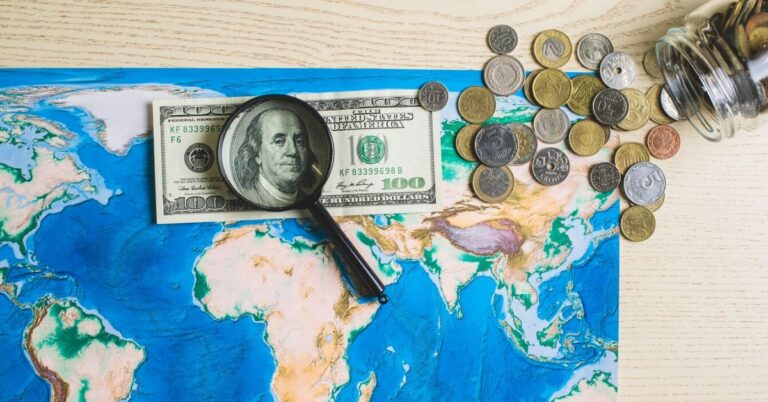If you’re going to be travelling to a foreign country, then among the considerations you’ll have to make is how you’re going to pay for things. Restaurants, hotels, trains, entertainment – all of it will need to be paid for, usually in a foreign currency.
It’s essential that you learn how to effectively swap the sterling in your bank account for the euros, dollars, yen, and krona you’ll ultimately be spending. This is what will allow you to get maximum value for your money, whatever form it takes.
Understand Exchange Rates and Monitor Currency Fluctuations
Exchange rates can vary over time, thanks to a range of factors too complex and volatile for most of us to reasonably anticipate. What matters is that you’re aware of what is historically a good price, and that you buy your new currency whenever a given moment seems opportune. If you’re a regular consumer of financial news, then you might have the information you need to make an informed, or even wise, decision.
Be Aware of Currency Conversion Fees and Additional Charges
Different kinds of currency exchange providers will charge different extra fees. In many cases, these will be bundled into the transaction, and even partly concealed. For example, you might face a fixed transaction fee that will be repeated should you choose to make multiple conversions. Make sure that you understand exactly what you’re paying for. In some cases, what appears to be a good deal might actually not be.
Plan Ahead: Order Foreign Currency Before Departure
Generally speaking, if you leave your foreign currency exchange to the last minute, you’re more likely to get a worse deal. Planning ahead will allow you to choose from the broadest possible range of providers. It will also allow you to avoid the ones that might not be quite as reputable as you’d like.
If you decide to pick up money in your destination country with the help of an international money transfer, then you might also pick up a small amount of cash to get you through the first hours and days of your journey.
Utilise International Payment Methods Wisely
By using certain debit or credit cards overseas, you might unwittingly trigger extra transaction fees. This applies whether you’re taking cash from an ATM, or paying for goods and services via contactless payment. The best way to get around this is typically to find a debit or credit card that’s designed with the interests of travellers in mind.

